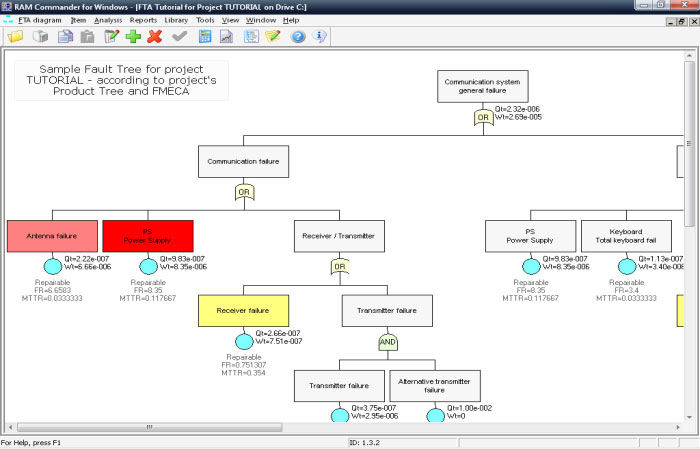
Fault Tree Analysis
Imagine being able to predict, prevent, and protect against failures in any complex system. That's precisely what the Fault Tree Analysis course offered by NPDD House aims to accomplish. By understanding the interplay of events and their impact on system reliability, you'll become equipped to assess risks, develop robust mitigation strategies, and safeguard against catastrophic failures.
Whether you're an engineer seeking to enhance system reliability or a safety professional dedicated to minimizing hazards, this course equips you with the essential skills to safeguard the integrity of complex systems. Join us as we unravel the fascinating world of FTA and empower you to become a proactive champion of system safety.
